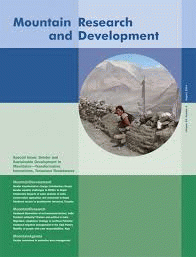Conflicts of interest between forest conservation and livelihoods of swidden communities in Vietnam have been widely recognized by policy makers and scholars. However, policies and solutions to date have been based on a limited understanding of land use decisions and factors influencing these changes and strategies. This study addresses this gap by analyzing factors affecting farmers’ land use decision-making in three swidden communities in Nghe An and Son La provinces, Vietnam. Our findings show that swidden communities’ land use strategies were built on the cultural, social and economic statuses of households in response to government policies on the restriction of swidden farming, promotion of industrial forest plantations, and changes in environmental and market conditions. Our findings suggest that future policy interventions are unlikely to overcome existing conflicts between conservation and development without considering macro policies, continuous environmental and social changes, and diverse household characteristics and interests.
DOI:
https://doi.org/10.1016/j.landusepol.2022.106190
Altmetric score:
Dimensions Citation Count:

Publication year
2022
Authors
Tran Nhat, L.D.; Nguyen, D.T.; Nong Nguyen, K.N.; Pham, T.T.; Vu, V.T.
Language
English
Keywords
swidden cultivation, conservation, livelihoods, forest communities, land use change, socioeconomics, plantation forests
Geographic
Viet Nam























